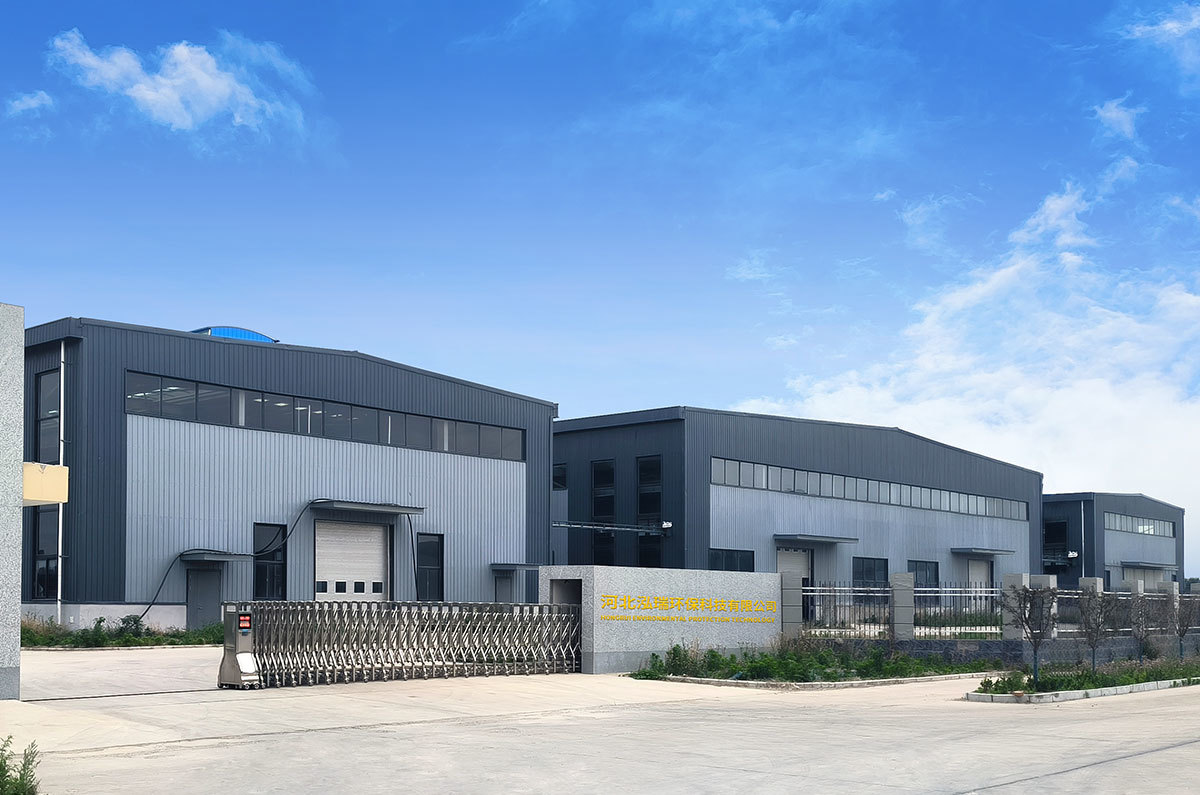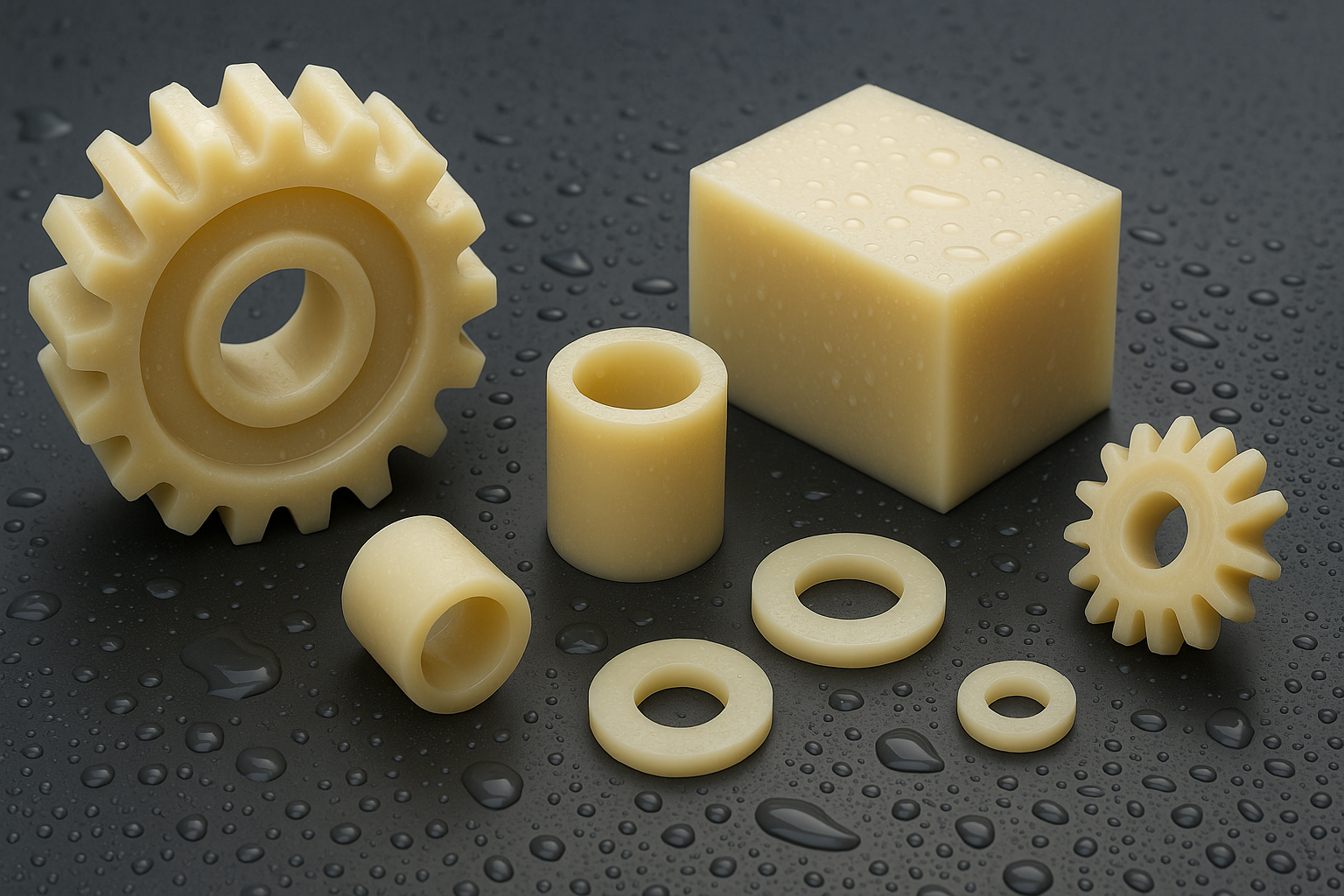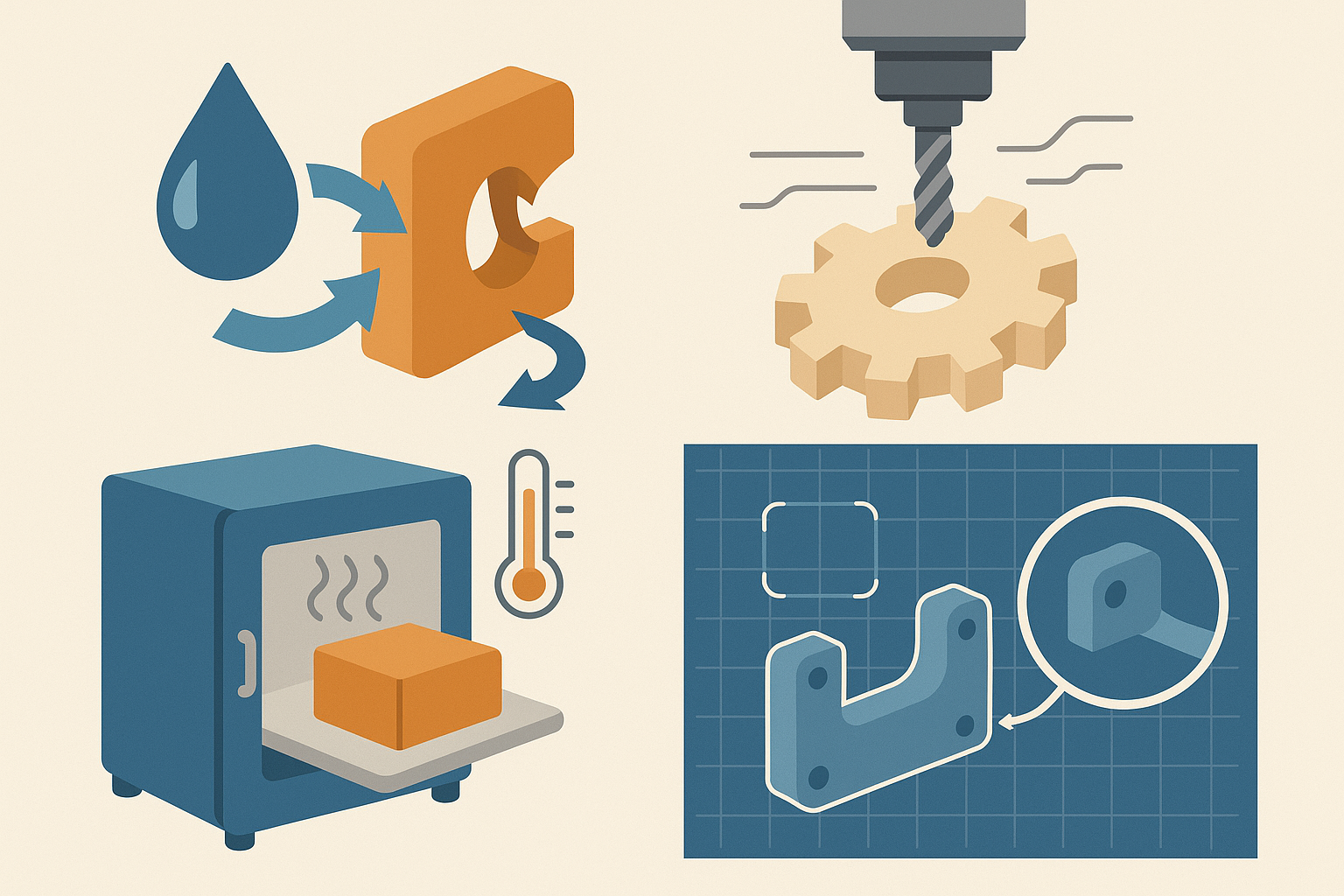Unlocking the Secrets: Common Questions About Cast Nylon
2025-08-17

What is Cast Nylon?
Ah, cast nylon! This robust material is a form of nylon that's created by a unique casting process. Unlike other types, such as extruded nylon, it boasts superior wear resistance and strength. Sounds fancy, right? Well, it is!Cast Nylon can handle a lot of wear and tear, making it a popular choice across various industries.
Why Use Cast Nylon?
Now, you might be wondering, why should I bother with cast nylon? Good question! This material is lightweight yet incredibly strong. It's often used in manufacturing gears, rollers, and various mechanical parts. Plus, it has excellent chemical resistance, which means it can stand up to many harsh environments. So, if you're in need of durability, cast nylon is your go-to.
Common Questions About Cast Nylon
1. Is Cast Nylon Waterproof?
While cast nylon isn't technically waterproof, it does have a low moisture absorption rate. What does that mean for you? Well, it can handle a bit of water without swelling much, making it a decent choice for humid environments. However, if you're looking for something to submerge in water, you might want to think again.
2. Can Cast Nylon be Machined?
You bet!Cast Nylon is super machinable. It can be easily shaped, drilled, and cut into whatever form you need. That's part of its charm—flexibility! So whether you're crafting custom parts or modifying existing ones, you'll find that it's a breeze to work with.
3. How Does Temperature Affect Cast Nylon?
Ah, temperature—the age-old nemesis of many materials!Cast Nylon can handle a range of temperatures, generally performing well up to about 250°F (121°C). Beyond that? Well, it might start to lose some of its strength. So, keep that in mind, especially if you're using it in high-heat applications.
What Makes Cast Nylon Different?
One of the biggest differences between cast nylon and other nylons is its manufacturing process. The casting process allows for fewer internal stresses, making it less likely to warp or deform. Plus, cast nylon has a denser molecular structure, which contributes to its impressive mechanical properties. In layman's terms, it's just tougher!
How is Cast Nylon Used in Industries?
Let's break it down a little.Cast Nylon is a superstar in industries like automotive, aerospace, and even food processing. From gears in machinery to conveyor belts in factories, its applications are almost endless! And because it's often self-lubricating, it reduces the need for extra oils or greases, saving you time and hassle. Isn't that neat?
The Bottom Line
So there you have it, folks!Cast Nylon is a versatile, robust material that stands its ground in a myriad of applications. Whether you're a DIY enthusiast or a professional in a specific field, understanding this material can help you make informed decisions. Don't hesitate to reach out if you have more questions—after all, knowledge is power!
TAG:
Previous
Previous:
Related News
Unlocking the Secrets: Common Questions About Cast Nylon





